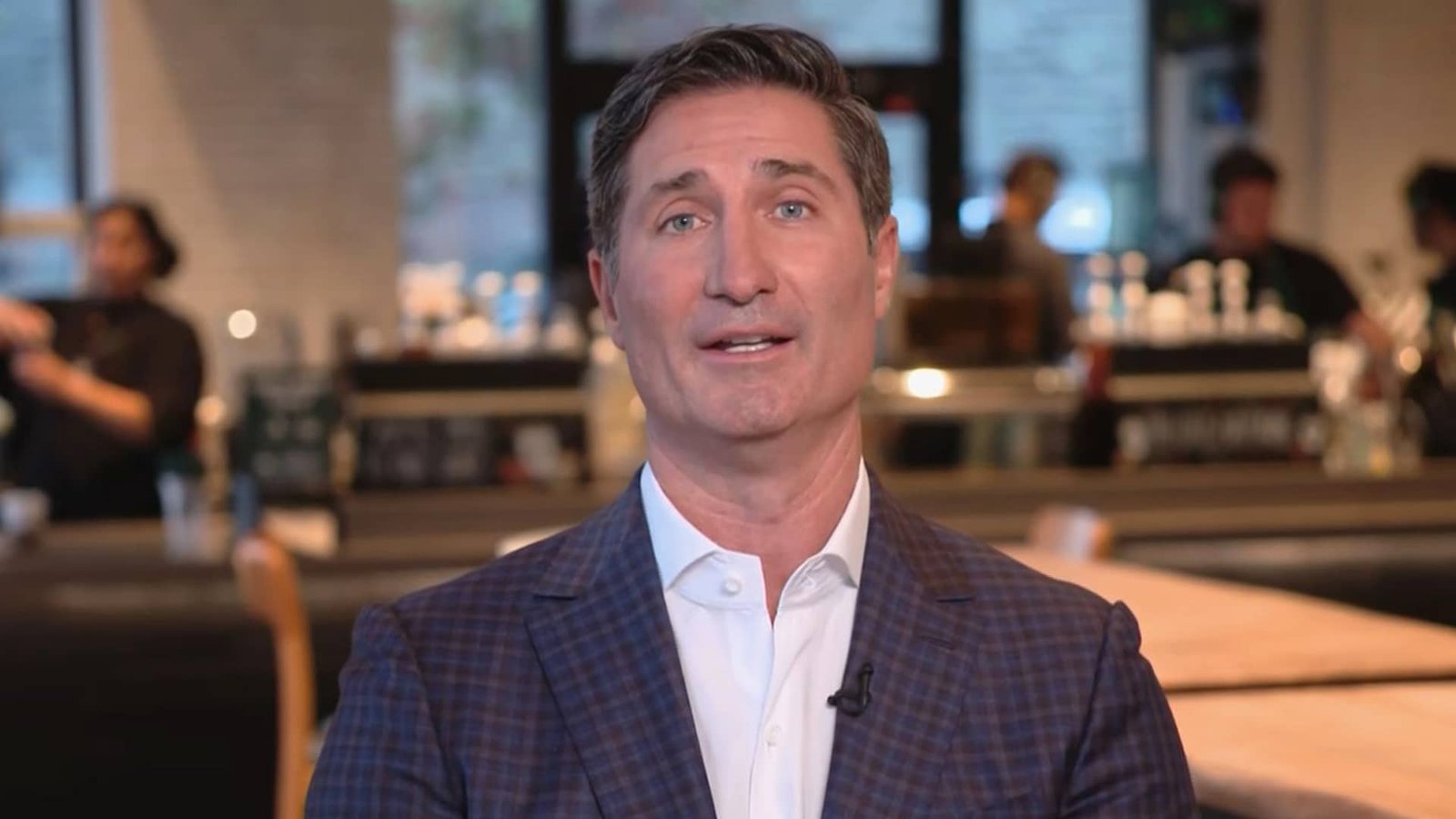In this article, the Food and Drug Administration announced that the shortage of tirzepatide injection products, the active ingredient in Eli Lilly’s weight loss drug Zepbound, has been resolved. This decision will prevent compounding pharmacies from producing cheaper, unbranded versions of the injection. The FDA stated that the shortage, which began in December 2022, has been addressed, and they will continue to monitor the supply and demand of these products.
Following a comprehensive analysis, the FDA’s decision signifies the end of a period where certain pharmacies could produce unapproved versions of tirzepatide without facing consequences related to the shortage status of the treatment. Compounding pharmacies have been instructed to cease making compounded versions of tirzepatide within the next 60 to 90 days, depending on the type of facility. This transition period aims to allow patients time to switch to the branded version.
Some compounding pharmacies have expressed disappointment as their alternative drugs have helped patients without insurance coverage for Zepbound, which has a high monthly cost of around $1,000. The dispute between compounding pharmacies and the FDA over the shortage of tirzepatide, present in both Zepbound and Mounjaro, has escalated. Eli Lilly has made significant investments to expand its manufacturing capacity for tirzepatide due to the overwhelming demand.
A trade organization representing compounding pharmacies, the Outsourcing Facilities Association, filed a lawsuit against the FDA over the removal of tirzepatide from the official drug shortages list. The group argued that the FDA’s decision favored Eli Lilly at the expense of patients and was made without proper notice. In response to the lawsuit, the FDA agreed to reassess the removal of tirzepatide from the shortages list, allowing compounding pharmacies to continue producing copycat versions during the review process.
Compounded medications are tailored alternatives to branded drugs created to meet specific patient needs. While the FDA does not evaluate the safety and efficacy of compounded products, it advises consumers to opt for approved, branded GLP-1 medications when available. The FDA does conduct inspections of some outsourcing facilities that compound drugs.
Patients have turned to compounded tirzepatide amid intermittent shortages of branded drugs, which are costly even with insurance coverage. The active ingredient in Wegovy and Ozempic, semaglutide, has also faced intermittent shortages. The FDA recently confirmed the availability of all doses of these drugs but has not yet decided whether to remove semaglutide from its shortage list, a move that could impact more compounding pharmacies due to its widespread use.
Wegovy, Ozempic, Zepbound, and Mounjaro are protected by patents, and Novo Nordisk and Eli Lilly do not supply the active ingredients in their drugs to external entities. Both companies have taken legal action against unauthorized versions of their treatments, including suing weight loss clinics, medical spas, and compounding pharmacies. The FDA has received reports of patients overdosing on compounded semaglutide due to dosing errors, emphasizing the importance of proper administration.




